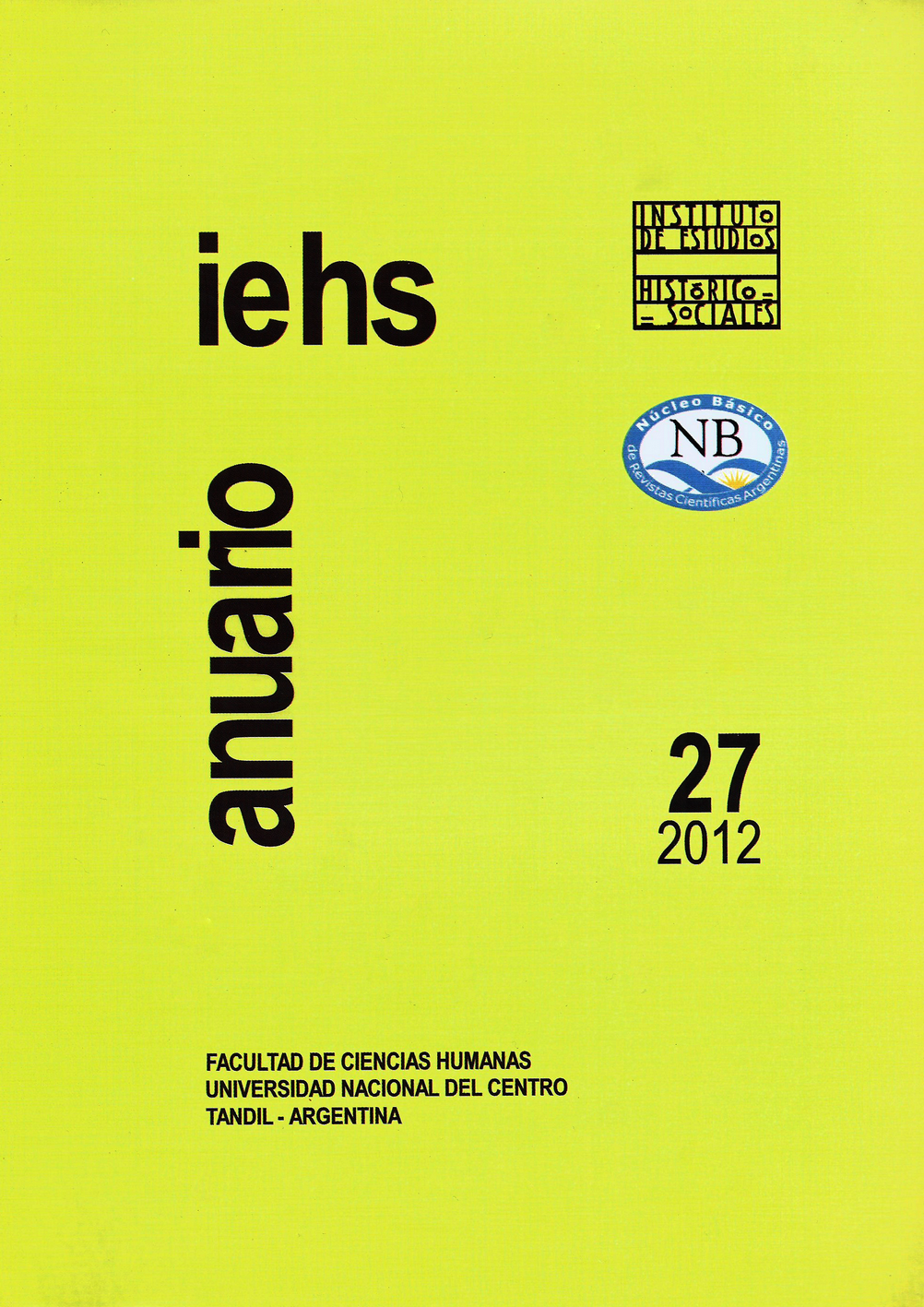La invención del turismo popular: Gran Bretaña, s. XVIII y XIX
Keywords:
Tourism, History, Popular Holidays, Seaside Resorts, Working Class, Great BritainAbstract
The United Kingdom, and particularly England, pioneered the development of many aspects of modern tourism during the eighteenth and nineteenth century. This article examines the rise of popular tourism among the English lower middle and working classes, placing it firmly in the context of the industrial and consumer revolutions of the period, and of rising living standards and the increasing availability of cheap transport for the urban working class during the second half of the nineteenth century. It focuses particularly on sea-bathing and the development of networks of popular coastal resorts, especially within reach of London and the rapidly-expanding industrial districts, with distinctive comercial entertainment facilities such as the seaside pier which complemented and enhanced the attractions associated with health and coastal scenery. This kind of popular tourism grew out of traditional local holidays which were adapted to form a basis for visits to coastal resorts. Such developments were enabled by working-class organizations such as savings clubs, which were based in the workplace, the neighbourhood or the co-operative society, and enabled holidaymakers to cover the cost of unpaid holidays. It took place without significant support from ‘social tourism’ initiatives, whether from the state, churches or trade unions. The domestic nature of its markets has left it almost invisible outside the United Kingdom; but it was here, and especially in the cotton textile manufacturing districts of north-west England, that the origins of working-class commercial holidaymaking are to be found.
References
.
Downloads
Published
Issue
Section
License
Copyright (c) 2024 Anuario IEHS

This work is licensed under a Creative Commons Attribution-NonCommercial 4.0 International License.



